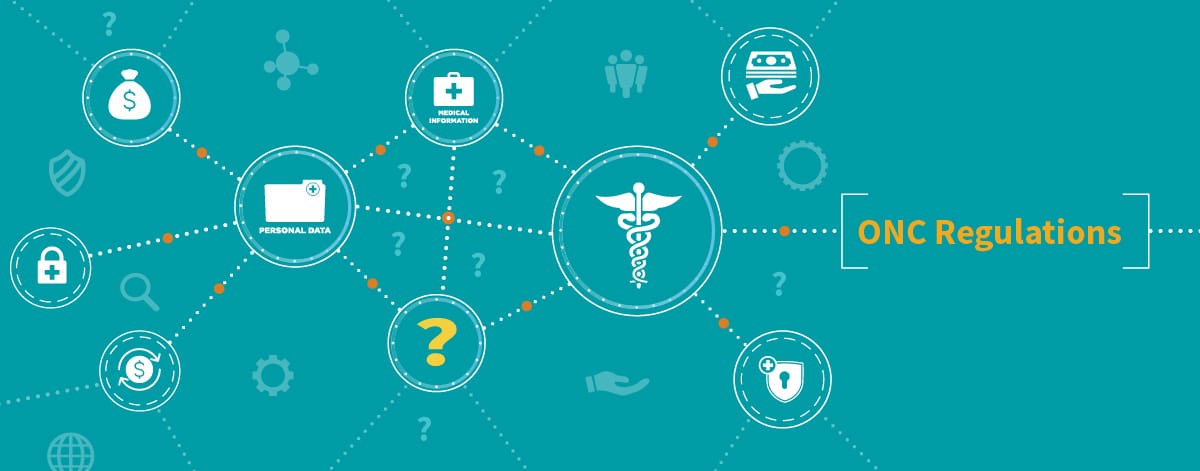Proposed Interoperability Rules Receive Unreserved Endorsement from Past Policymakers
Health Affairs published a blog post yesterday, penned by each of the former National Coordinators for Health IT. They offer unanimous and unreserved bipartisan support for the ONC and CMS' proposed health IT interoperability rules. Their unified show of support delivers a significant counterweight to comments made by influential industry groups, which recommend a longer window to implement the rules or completely different approaches. Here is a highlight of the comments made the former health IT policy leaders: Rapid advancement of APIs enabled by data standards is critical. Open APIs have been safely and effectively deployed in other industries, including financial services, energy and retail consumer services. HL7 FHIR is an appropriate foundational standard for open APIs in healthcare. Efforts to further advance this standard is critical. Regulators did well to include clinical notes and their provenance as data elements in the U.S. Core Data for Interoperability, so that they can be included in the first set of required open API standards. Real world testing of open APIs will be a critical implementation step for the safe and effective adoption of open APIs in healthcare. Expansion of the interoperability and API framework to health plans is game-changing. Including health plans…

